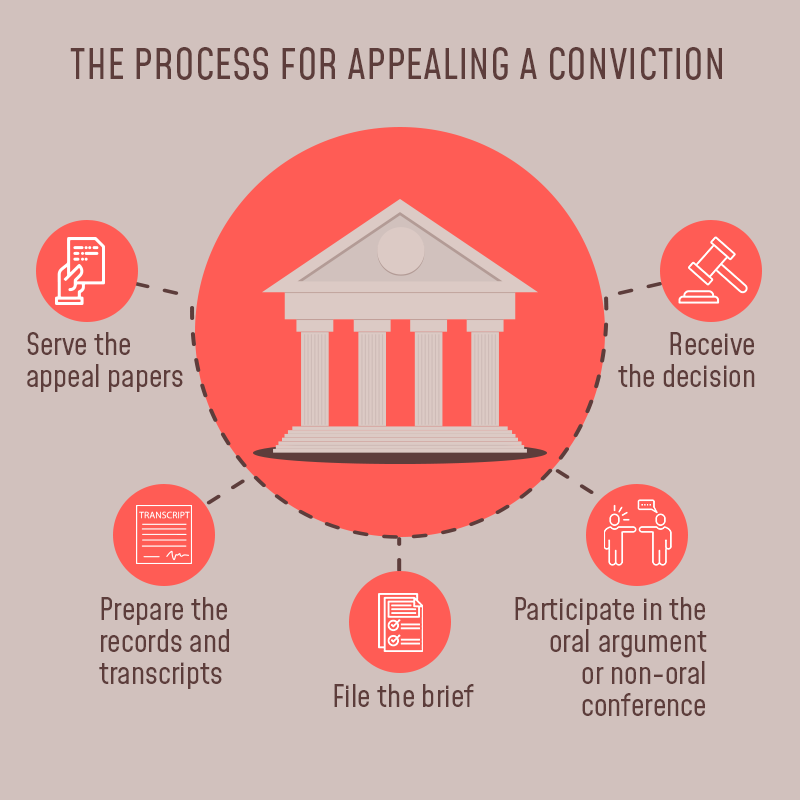Criminal Appeal Lawyers
Were you convicted of a crime in Minnesota? You have the right to file an appeal to overturn the Court’s ruling on your case.
By challenging the actions of the Judge, the prosecution, or even your own former lawyer, our experienced criminal appeals lawyers may be able to help you get your sentence reduced, or your conviction eliminated entirely.
Your Trusted Minneapolis Criminal Appeal Lawyers
CHALLENGING YOUR CONVICTION AND PROTECTING YOUR FUTURE
While it may seem final, a criminal conviction is not always the last decision on your guilt or innocence. You have the right to appeal your conviction.
As a former Assistant Attorney General, and having worked under numerous judges in the Minnesota Court of Appeals, criminal appeal attorney Max. Keller has considerable experience handling appellate cases for criminal convictions.
- Max has argued more than 40 cases before the Minnesota Supreme Court and Court of Appeals.
- He was the first Minnesota Criminal Defense Attorney to win an appeal in a Felony DWI case in the Minnesota Supreme Court.
With extensive experience handling extensive experience handling criminal appeals and Petitions for Post-Conviction Relief, we have the necessary skill set to draft and put forth strong briefs arguing the trial mistakes that occurred, as well as how the law specifies the appellate court should see them made right.

We provide free initial consultations to all clients. To schedule an appointment, contact us Today.
Table of Contents
What Do Appeal Attorneys Do?
Appellate or appeal lawyers file briefs for review by the appellate court. The best appeal lawyers will present facts, evidence, and legal arguments to show that the lower court’s decision or the jury’s verdict was a miscarriage of justice. At Keller Criminal Defense Attorneys, our appeal attorneys present files and briefs arguing the merits of the law as they apply to our clients’ cases.
Standing Up To Miscarriages Of Justice
Veteran criminal appeals lawyers know that, when arguing an appeal to the court of appeals or the Minnesota Supreme Court, they are stuck with the facts (“the record”) from the trial court. However, there is a way around this problem. If you have new evidence you want the courts to consider, we can file a Petition for Post Conviction Relief to show, for example, that evidence was never tested, your attorney committed ineffective assistance of counsel, or that a key witness recanted his/her trial testimony and now says you are not guilty.
Contact a Minnesota appellate lawyer at Keller Criminal Defense Attorneys for help challenging your conviction.
Common Reasons For a Criminal Appeal in Minnesota
While simply disagreeing with the decision does not alone give you grounds to challenge the court’s ruling, several factors may warrant a higher court overturning a prior conviction. If your conviction was based on insufficient evidence to prove guilt beyond reasonable doubt, your constitutional rights were violated, or if your sentencing exceeds the state’s guidelines, the court may see fit to approve your appeal and overturn the conviction.
Advocating For Clients Pre- and Post-Conviction
A conviction or sentence is not necessarily the end of the criminal justice process in Minnesota. At Keller Criminal Defense Attorneys, we strongly defend your right and advocate on your behalf, both before and after trial. Before trial, we meticulously review the evidence and circumstances surrounding your arrest and charges. Our attorney will file any necessary pre-trail motions to ensure your rights are protected throughout the judicial process, as well as pursue avenues to see the charges against you dismissed or to negotiate a plea agreement with the prosecution.
Post-conviction, we will thoroughly review the records of your case to identify any legal errors, misconduct, or other grounds that could justify an appeal.
Why Hire Our Minnesota Criminal Appeal Attorneys?
Background
Appellate attorney Max Keller worked for three judges at the Court of Appeals before entering private practice.
Experience
Our criminal appeal law firm has argued more than 40 cases before the Court of Appeals and Minnesota Supreme Court.
Diligence
Our appellate attorneys understand how to carefully draft and prepare the necessary briefs to support our clients’ conviction challenges.
How Much Does a Criminal Appeal Lawyer Cost?
Answering the question, “How much is an appeal lawyer?” depends on several factors. Each appellate lawyer sets his or her own fee schedule, causing them to sometimes vary substantially from one to the next. Often, however, they charge based on billable hours, which typically depend on the complexity of the case.
In addition to attorney fees, you should expect to also pay court fees associated with appealing your criminal conviction. The court may require you to pay a fee of $550 for an extraordinary writ, notice of appeal, petition for writ of certiorari, or petition for discretionary review, as well as $100 for a notice of related appeal fee. Should you successfully appeal your case, you may have the right to ask the court to have the other party pay your associated attorney and court fees.
Call Keller Criminal Defense Attorneys for help with a criminal appeal or Petition for Post-Conviction Relief in Minnesota, (952) 913-1421.
What Is the Process for Appealing a Conviction?
Appealing a criminal conviction is a methodical process that involves specific steps, including the following:

Serve the appeal papers
Prepare the records and transcripts
File the brief
Participate in the oral argument or non-oral conference
Receive the decision
Were your rights violated during your arrest, and you were convicted as a result? Contact the Minnesota criminal appeal attorney at Max Keller Criminal Defense Attorneys for help, call today.
